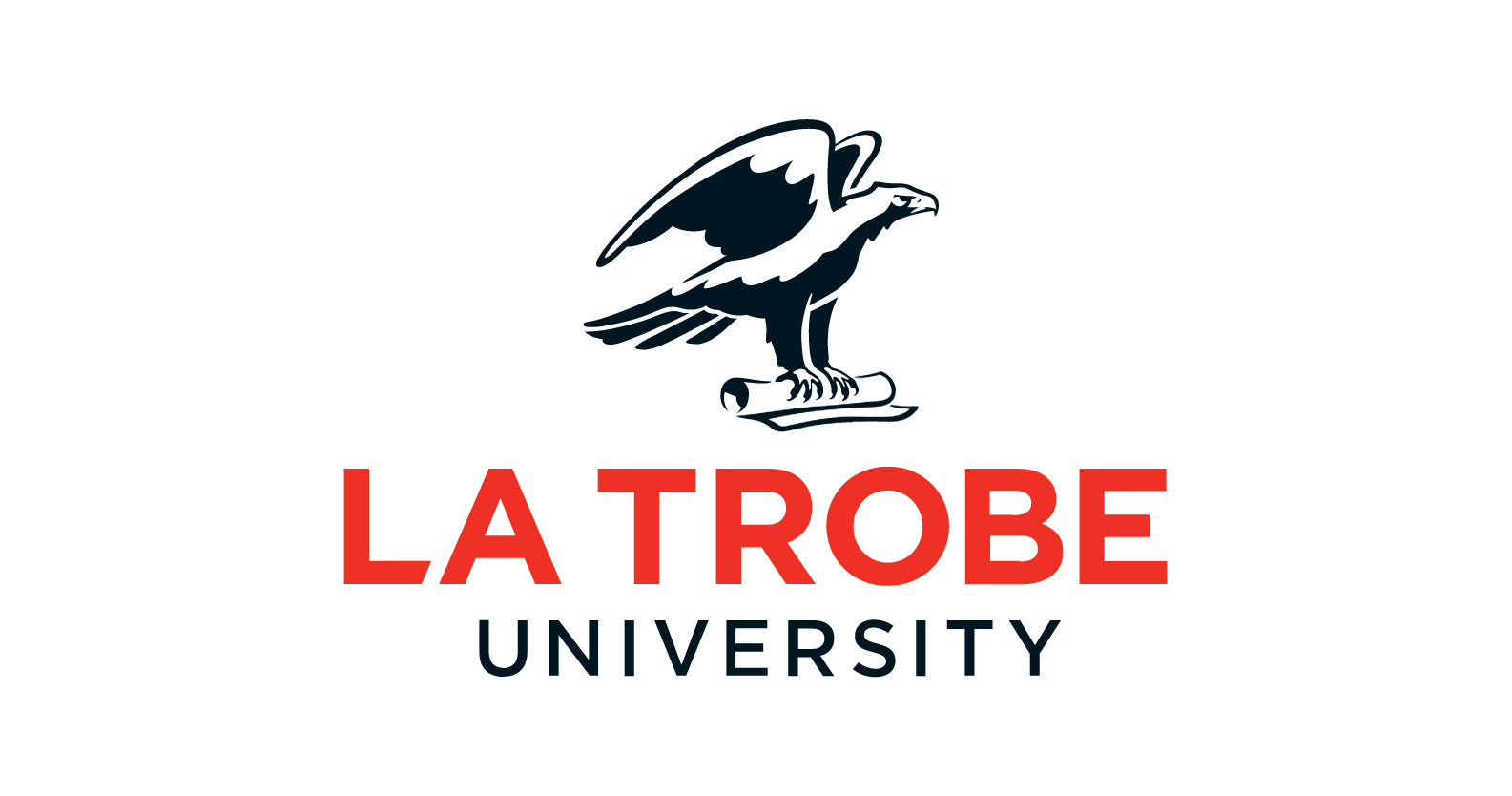According to a report, cybercrime cost the global economy $450 billion in 2016, with over two billion personal records being stolen around the world. Those figures are pretty staggering, but La Trobe University student Shahir Ahmed says this is probably a huge underestimate. Shahir, who is undertaking a Master of Cybersecurity (Business Operations), believes that now, more than ever, people need to be trained in cybersecurity — which is exactly what he’s doing.
We spoke to Shahir to get his story.
Beginnings
Originally from Dhaka, Bangladesh, Shahir had a diverse academic and professional career before settling into his Masters course in Australia. After studying at Monash University in Kuala Lumpur, Malaysia, Shahir returned to Bangladesh, working as a product manager at a pharmaceuticals company and at the international NGO, ActionAid.
In 2016, Bangladesh was struck by the Bangladesh Bank robbery, an elaborate cyber heist where hackers attempted to fraudulently withdraw nearly US$1 billion from the Bangladesh Bank. The heist made international news, sparking awareness of how important cybersecurity really is. It also caught Shahir’s attention, acting as a catalyst that drove him to pursue cybersecurity as a career.
“If I can study this, I can help these people avoid the fraud, wherever I am in the world,” he says.
The 2016 Bangladesh attack was one of many that have occurred in recent years. In the past year alone, the world has seen all kinds of cyber crimes, from political campaign hacks to hospitals being taken down by ransomware. Experts predict that by 2020, cybercrime will cost the global economy $3 trillion.
Shahir agrees: “The amount of cybercrime is only going to rise with the increased digitisation of everyone on the planet,” he says.
Studying in Australia
At first, Shahir struggled to find a postgraduate degree that suited him. Having researched universities from North America to Germany, he found that each one required students to have technical backgrounds. But, staying determined, Shahir found his ideal course at La Trobe University in Melbourne.
He was then invited to pursue a Master of Cybersecurity (Business Operations). He was already familiar with the Australian education system through his time at Monash, so was confident in doing his postgraduate studies at La Trobe.
At La Trobe, students from multiple backgrounds can undertake a Master of Cybersecurity course. The specialisations on offer are diverse, with choices between Business Operations, Law and Computer Science. For potential undergraduate students, a Bachelor of Cybersecurity, as well as a double Bachelor degree in Cybersecurity and Psychological Science, is also available.
“All … of these fields have a huge demand in the industry, [so] no matter from what background, we can fit you in here,” Shahir says. He adds that they’re all very practical degrees, with some first-year students he knows already being offered positions in graduate programs.
University life
Above all else in his studies, Shahir applauds the work of his lecturers. In Shahir’s course, many of the lecturers still work in the industry or have only recently left the field. This first-hand experience means lecturers know the necessary skills graduates must have when they’re looking for jobs. Just as importantly, Shahir adds that the lecturers are approachable and invested in each student’s success.
“They actually take a personal interest in making sure you’re doing well and you’re succeeding in your studies,” he says. Now a part-time tutor at La Trobe himself, Shahir puts a lot of effort into being just as devoted to his students as his lecturers were to him.
The university’s location is also hugely beneficial for Shahir’s career. “Melbourne is one of the ‘happening’ places in cybersecurity,” he says. Guest speakers from companies such as Thales, KPMG and PwC in Melbourne come to La Trobe, allowing cybersecurity students to learn from experienced industry professionals.
Melbourne living
Away from academia, Shahir had no problems integrating himself into Australian life. Before his arrival, Shahir heard a rumour that Australians could be closed-minded, but this was quickly proven wrong.
“Making friends is rather easy,” he says. “The trick is just going up and talking to people; Australians are extremely friendly.”
For students looking to study in Melbourne, Shahir cannot recommend the city enough. Despite being a cosmopolitan hub, he appreciates its laid-back, easygoing nature. “I feel like I’m a Melbournian, even though I wasn’t born in Australia,” he says. “The people in Melbourne are the friendliest I’ve ever met.”
As a history buff, the RAAF (Royal Australian Air Force) Museum and the Melbourne Museum are on Shahir’s list of must-sees in the city. But he also enjoys the simple pleasure of travelling around his adopted home.
“My favourite thing to do is just get on a random bus line, go from one end to the other, and just explore.”

Looking to the future
Upon graduation, Shahir is hoping to work in Australia and continue building upon his experiences and skills in an international working environment.
“Working in Australia will help me develop my multicultural experiences, especially the working culture,” he says. “[These] are attributes that will be handy no matter where I go in the world.”
Advice for students
For students looking to pursue postgraduate studies in cybersecurity, Shahir recommends chatting to lecturers at study fairs. Academics from La Trobe travel internationally, speaking to future students about the university and its courses. Shahir was able to chat with these lecturers one-on-one and ask them questions, which confirmed his desire to study cybersecurity.
“Meeting the lecturers beforehand was extremely helpful to me and is one of the things I appreciate most about La Trobe,” he says.
He also recommends joining student clubs. Shahir carried over his interest in Japanese animation from Bangladesh and Malaysia and found a group of like-minded individuals here in Australia. He is now the vice president of La Trobe’s anime society, LUNASY.
“Come here and be yourself, be open, go to the places you enjoy, [and] make friends,” says Shahir. “You will make friends.”






